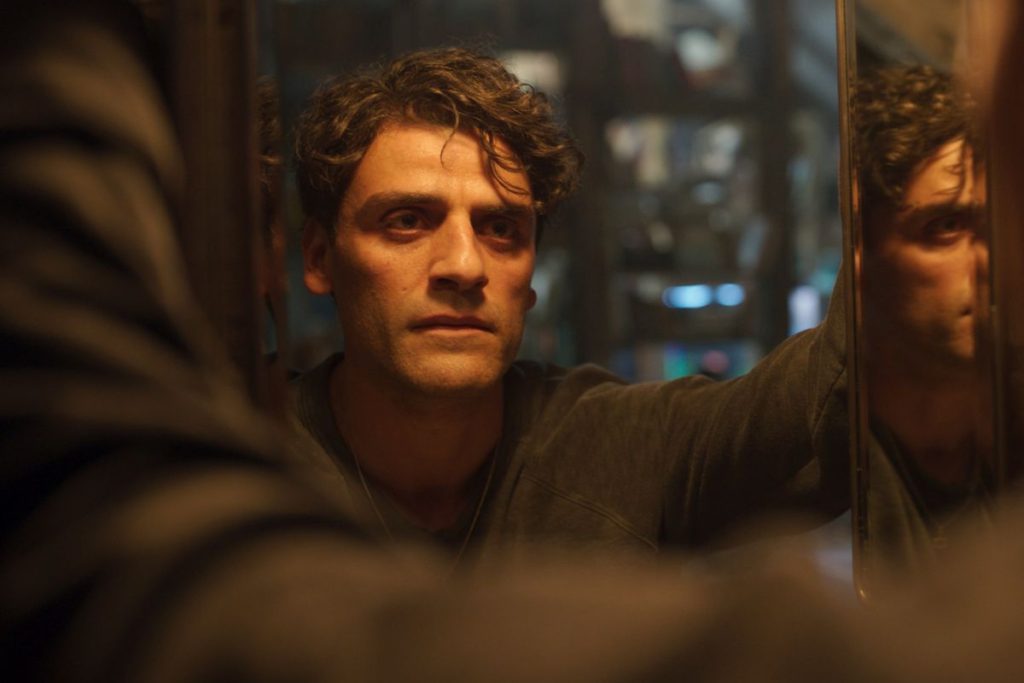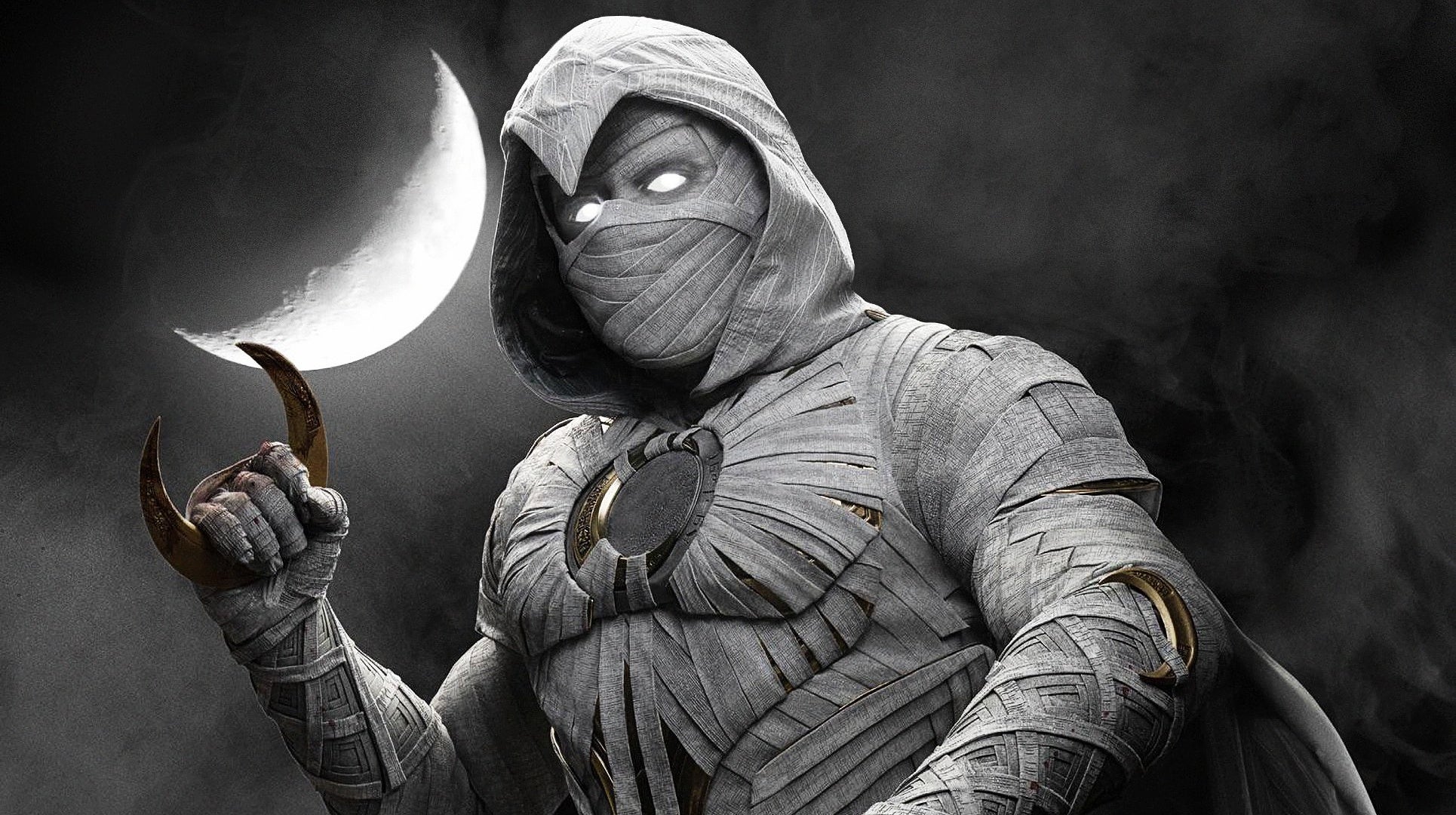Moon Knight is a surprisingly divisive show. If you are a fan of Oscar Isaac’s acting and the mind-bending nature of the plot, you probably love the show. But you might also be a disappointed comic book fan who just wanted to see more of Moon Knight himself in action.
Steven Grant (Oscar Isaac) is a mild-mannered gift-shop employee who finds himself involved in a strange conflict with Arthur Harrow (Ethan Hawke), a man who has glass shards in his shoes and has the power to judge people for their crimes, including those that have yet to be committed. As he has blackouts while trying to get away from strange supernatural beasts, Steven realizes that he has an alter-ego named Marc Spector who is also the avatar of the Egyptian Moon god, Khonshu (F. Murray Abraham). As he meets up with Marc’s wife, Layla (May Calamawy), and tries to stop Harrow from freeing his patron god, Ammit, Steven uncovers more and more of his mysterious past, making him question whether or not he is a good person.

Let’s get the obvious praise out of the way: Oscar Isaac absolutely carries this show with his brilliant performance.
He confronts all acting challenges head-on as he acts opposite himself in reflections and portrays shifts in character with subtle changes in posture, down to details such as the way he stares. In episode five, Isaac gives an Emmy-worthy turn as he delves into his trauma, with Marc starting to break down while Steven repeatedly tells him that it wasn’t his fault. Veteran Ethan Hawke portrays Harrow with a quiet intensity, giving more credibility to a character who has a rather simplistic motivation and little backstory other than the fact that Khonshu abused him when he was the Moon god’s avatar. May Calamawy’s Layla also quickly became a fan favorite: she’s an Indiana Jones-esque adventurer who gets to shine in the finale.
What’s iffier is the way Moon Knight handles Dissociative Identity Disorder (DID). While the comics have a history of addressing the character’s illness, sometimes with the appropriate amount of care and respect, the show tackles them in a way that left people in the DID community unsatisfied. Although Moon Knight does show important events that led to the creation of Marc Spector’s alter, in the leadup to it viewers were often confused, wondering whether Marc and Steven were actually two separate people, as episodes four and five suggest, or whether Marc was possessed.
And then there’s Moon Knight only really appearing a handful of times in the series. Mr. Knight being repurposed as more of a comic relief character also rubbed comic fans wrong. The pacing of the series is thrown off by the fifth episode, and although the finale wraps up the plot, there’s a slightly rushed feeling to it. This finale also suffers from the MCU TV show curse of the obligatory large fight scene, but it feels less egregious here than, say, in WandaVision.
Moon Knight is also mostly detached from the Marvel Cinematic Universe, which might please you or piss you off, depending on how you feel about the MCU.
The season certainly ends on a note that warrants further exploration in a future season. Although Oscar Isaac only signed for a one-off deal, he might be persuaded to come back. Let’s hope that, if a second season happens, then the show can address its criticisms and come back even better.






















